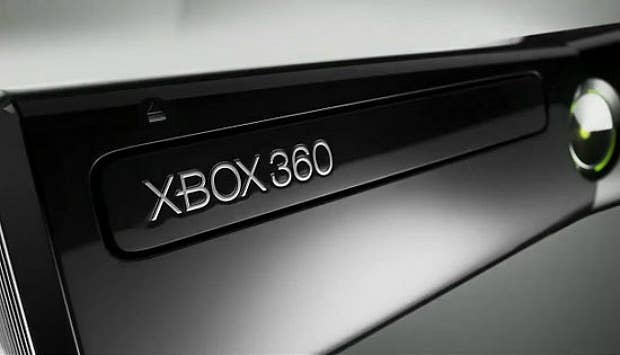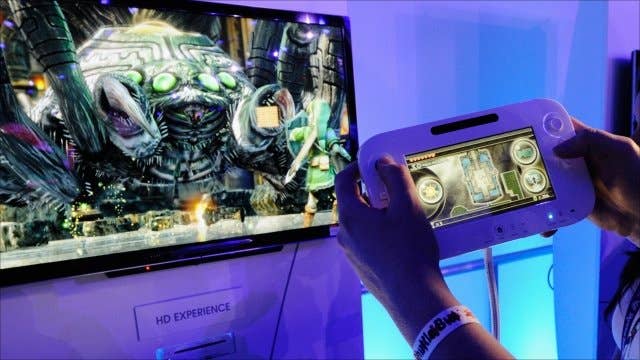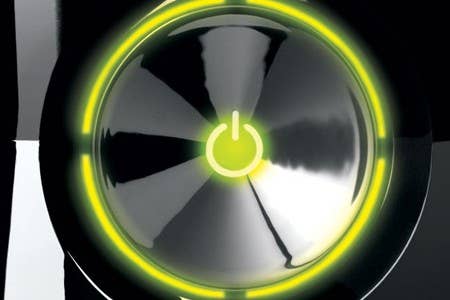Next Xbox No-Show: Why Microsoft's Keeping Durango Under Wraps
Veteran journalist Chris Morris explains what a no-show for the next Xbox at E3 means
With Microsoft's announcement that it has no plans to even mention its next generation console system at this year's E3, the annual video game trade show has gotten a bit less interesting.
It is, in some ways, a confusing decision. While no one expected the next Xbox to come out this year, publishers traditionally begin beating the drum for new systems about 18 months out - and there's no indication Microsoft has pushed the system to 2014. Also, with the company talking to developers now, the specs for the device have leaked out faster than water through a colander.
But there is some logic in keeping the new system close to the vest. And the decision could have a ripple effect on the rest of the industry.
Here are a few reasons Microsoft likely decided to keep Durango under wraps at E3 this year - and what that decision might mean for other players.
Why scuttle Xbox Next talk?
The games aren't ready - While everyone knew the next Xbox was in the works, Microsoft didn't start its road show for the new system until early this year. That's when developers got their first look at what was underneath the hood of Durango and what it could do.
While work may have been underway preliminarily at that point on launch titles for the next generation, teams haven't had much time to prepare them for the final (or near final) specs. And given how much competition has increased in the gaming space in the last few years, the new consoles are going to have to wow people right out of the gate. To ensure that happens, Microsoft knows it's better to wait until the games are closer to being done.
Why shoot yourself in the foot? - The Xbox 360 is still a powerful force at retail. While the Wii was already starting to flounder when Nintendo announced the Wii U, Microsoft doesn't face the same sort of pressure to please investors.

With this year's strong software lineup, announcing the looming arrival of a new Xbox could be confusing to shoppers during the holiday season and cost the company tens of millions of dollars.
No fear of Wii U - This generation showed game publishers and console makers that it's never smart to discount the threat Nintendo can present. However, neither Microsoft nor Sony seems to be quaking in their boots about the Wii U.
"By pushing Durango's unveiling back a year, Microsoft could find itself going head to head with Sony in a battle of features, even if the machines don't hit shelves at the same time"
Chris Morris
The system looked good, but not great, at last year's E3. And from a logistical standpoint, both the Xbox 360 and PS3 can compete visually with it on third-party games. And there's no defending against first party Nintendo games.
As a result, Microsoft likely isn't too worried that the Wii U will steal away the potential audience for its next system.
The media's doing all the work for it - The rush to be the first to report some insignificant technical detail about Durango or the latest far-fetched rumor is doing a terrific job of exciting the core about the next generation. So good, in fact, that Microsoft doesn't have to flex its marketing muscle.
Between leaks (both planned and not) and feeding true and false rumors to the community, Microsoft can still come out with a bang next year. And while gamers obsess over the whispers, the mainstream buying world (which the company is counting on for hardware cashflow at this point) will be blissfully ignorant of the chatter.
What implications will the decision have?
Wii U could surprise - Remember a few paragraphs ago how I mentioned that it's foolish to discount Nintendo? That's still true.

The company learned a lot with the fumbled launch of the 3DS, including how to recover from it. If Nintendo launches the Wii U at a discounted price point (as it did with the Wii) and a robust game line-up (including several exclusive first-party games), it could get a big head start on Microsoft and Sony. That lead may not last for five years this time, but it could put the company in an enviable position.
Sony could preempt - Microsoft scored points this generation by getting the jump on Sony. It got people talking about the Xbox 360 first - and the hardware was in people's hands a year before the PS3. Sony appears to be on track for a 2014 launch of the PS4, but that's hardly set in stone.
By pushing Durango's unveiling back a year, Microsoft could find itself going head to head with Sony in a battle of features, even if the machines don't hit shelves at the same time. Sony has squashed existing systems before - and you never want to give competitors the opportunity to outshine you in consumers' eyes.
Apple could sneak in - While many in the gaming world have limited their thinking to what these announcements mean for Microsoft, Sony and Nintendo, Apple's threat to living room dominance is growing daily.
By the end of the year, the company is expected to unveil a television, which will almost certainly tie in with iTunes and the App Store. We've already seen Apple steal audience from handheld systems. Once it's in the living room, the Xbox, PlayStation and Wii U could all be in the laser sights.
Set up for a huge 2013 - Whenever the initial reveal happens to be, a 2013 launch for Durango is going to be an event. The initial rush to embrace a next generation system by core gamers is always something to behold.
At the same time, the Wii U will be hitting its stride and seeing its installed base expand - and the PS3 will likely be going out with a bang. Add 'em all up and it could mean a very good year for both console makers and game publishers.









